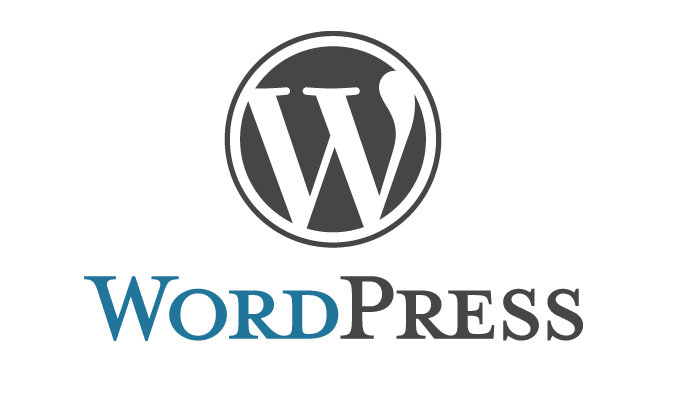
12 Nov What is WordPress?
WordPress is one of the world’s most popular and versatile content management systems (CMS), powering millions of websites across various industries. Initially launched in 2003, WordPress started as a simple blogging platform, developed by Matt Mullenweg and Mike Little as an offshoot of an earlier platform called b2/cafelog. Their goal was to create a user-friendly platform where people could easily publish online content. Over the years, WordPress has evolved far beyond its blogging roots, expanding into a powerful CMS that can manage everything from e-commerce sites and online portfolios to enterprise websites and social networks.
At the heart of WordPress’s popularity is its open-source nature. This means anyone can access, modify, and improve the code, allowing for a thriving community of developers and designers to contribute to its development. It also means that WordPress is free to use, although many users opt for paid themes, plugins, and hosting services to enhance their websites. The platform’s flexibility and ease of use make it appealing to both beginners and professional developers, contributing to its widespread adoption. WordPress offers two versions: WordPress.com, a hosted platform with limited customization, and WordPress.org, a self-hosted version that provides full control over site design and functionality.
One of the defining features of WordPress is its plugin architecture, which enables users to install plugins to add features and functionality to their sites. With over 58,000 plugins available in the official directory, users can customize their sites to include e-commerce capabilities, social media integrations, SEO tools, and much more. WordPress also boasts thousands of themes, making it easy for users to personalize the appearance of their sites without needing advanced coding skills. This vast ecosystem of themes and plugins has made WordPress incredibly versatile, appealing to a broad spectrum of users.
As of today, WordPress powers around 40% of all websites globally, making it the leading CMS by a significant margin. Notable sites using WordPress include TechCrunch, The New Yorker, and even the official White House website, underscoring its credibility and scalability. WordPress is available in over 70 languages, allowing it to reach a global audience. In terms of market share, WordPress dominates the CMS landscape with over 60% of the market, while its closest competitors, such as Shopify and Joomla, hold only a fraction of that.
In summary, WordPress has revolutionized website creation, offering both flexibility and simplicity for users at all skill levels. Its extensive community support, powerful plugin system, and continuous updates ensure it remains at the forefront of web development. From individuals starting personal blogs to enterprises launching complex sites, WordPress provides a reliable, feature-rich solution. Its enduring popularity and impact on the digital landscape make it one of the most influential platforms in the history of the internet.
